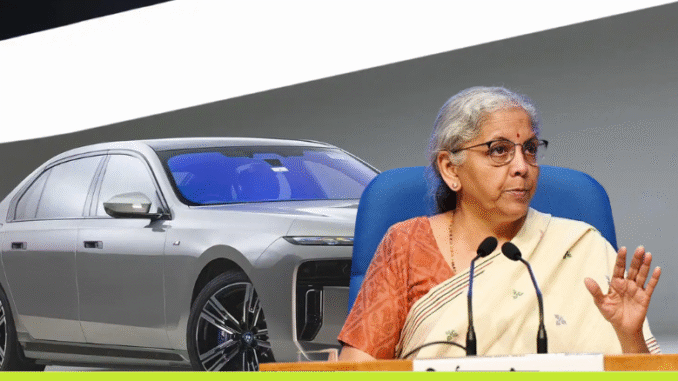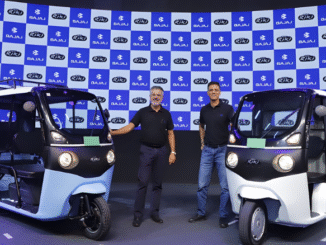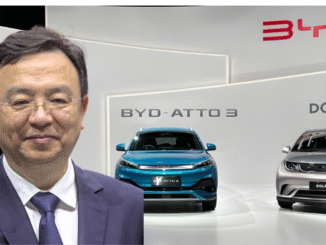
New Delhi – In a development that could significantly reshape India’s electric vehicle market dynamics, reports emerged on August 29, 2025, that the GST Council is actively considering a substantial revision to the tax structure for luxury electric vehicles. The proposed changes would see tax rates on premium four-wheeled EVs priced between ₹20 lakh and ₹40 lakh increase from the current uniform 5% to 18%, while maintaining preferential rates for affordable electric vehicles and electric buses.
Balancing Equity and Revenue in EV Taxation
The Group of Ministers (GoM) examining the GST structure believes that the current flat 5% rate across all electric vehicles primarily benefits buyers of expensive models, potentially undermining the policy’s intended purpose of promoting mass adoption of clean mobility. By creating a tiered structure, the government aims to ensure that subsidies and tax benefits are more effectively targeted toward making electric vehicles accessible to middle-class consumers rather than providing windfall benefits to luxury car buyers. This approach reflects a nuanced understanding of market dynamics and policy effectiveness.
Industry Impact and Market Implications
The proposed tax restructuring could have far-reaching implications for the Indian EV market. While affordable EV segments would continue to benefit from favorable taxation, luxury EV manufacturers may need to reassess their pricing strategies and value propositions. The change could potentially slow the premium EV segment’s growth in the short term, but supporters argue it would redirect policy benefits toward achieving broader electrification goals. The restructuring also aligns with global trends where many countries provide greater incentives for mass-market EVs compared to luxury vehicles.
Critical Decision Point for India’s EV Strategy
The final decision on this tax restructuring will be made at the GST Council meeting scheduled for September 3-4, 2025, marking a critical juncture in India’s electric vehicle policy evolution. This potential change represents a maturation of India’s EV policy framework, moving from broad-based incentives to more targeted interventions designed to maximize social and environmental benefits. The outcome of this deliberation will significantly influence investment decisions, consumer behavior, and the overall trajectory of India’s electric mobility transition.





